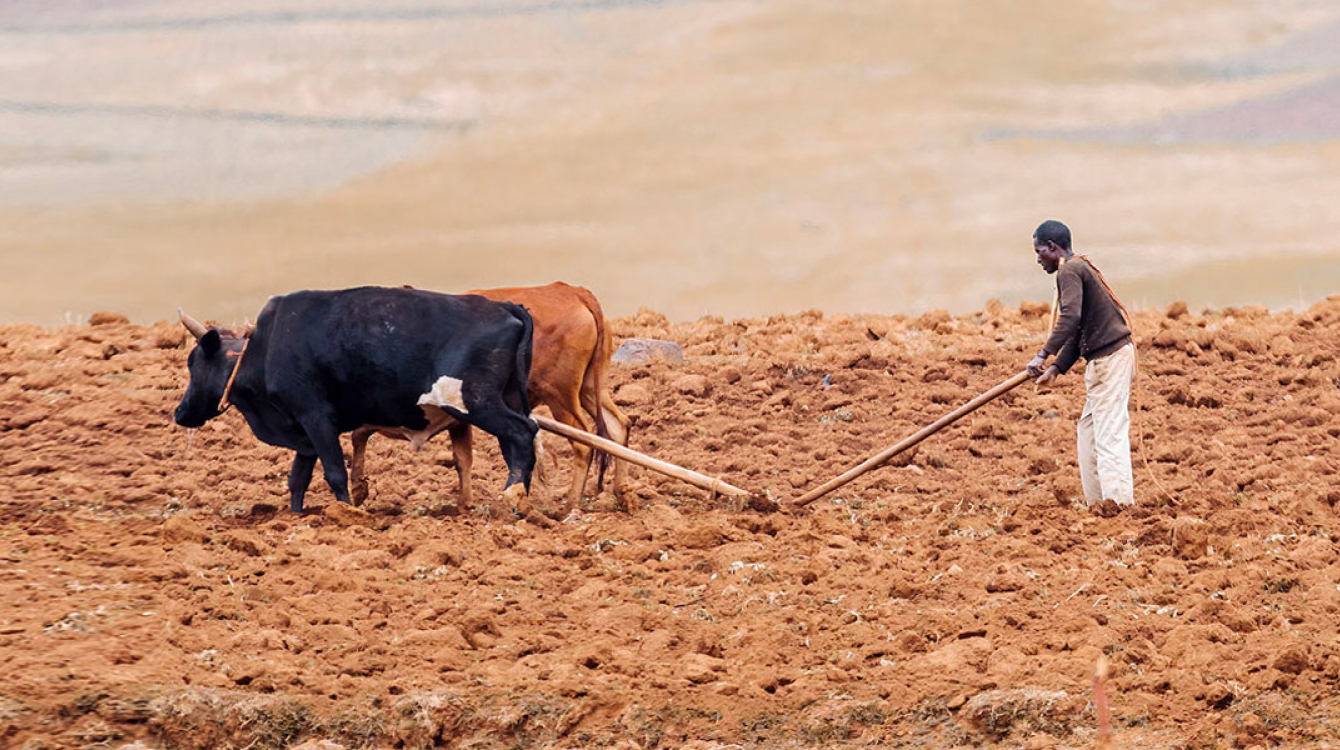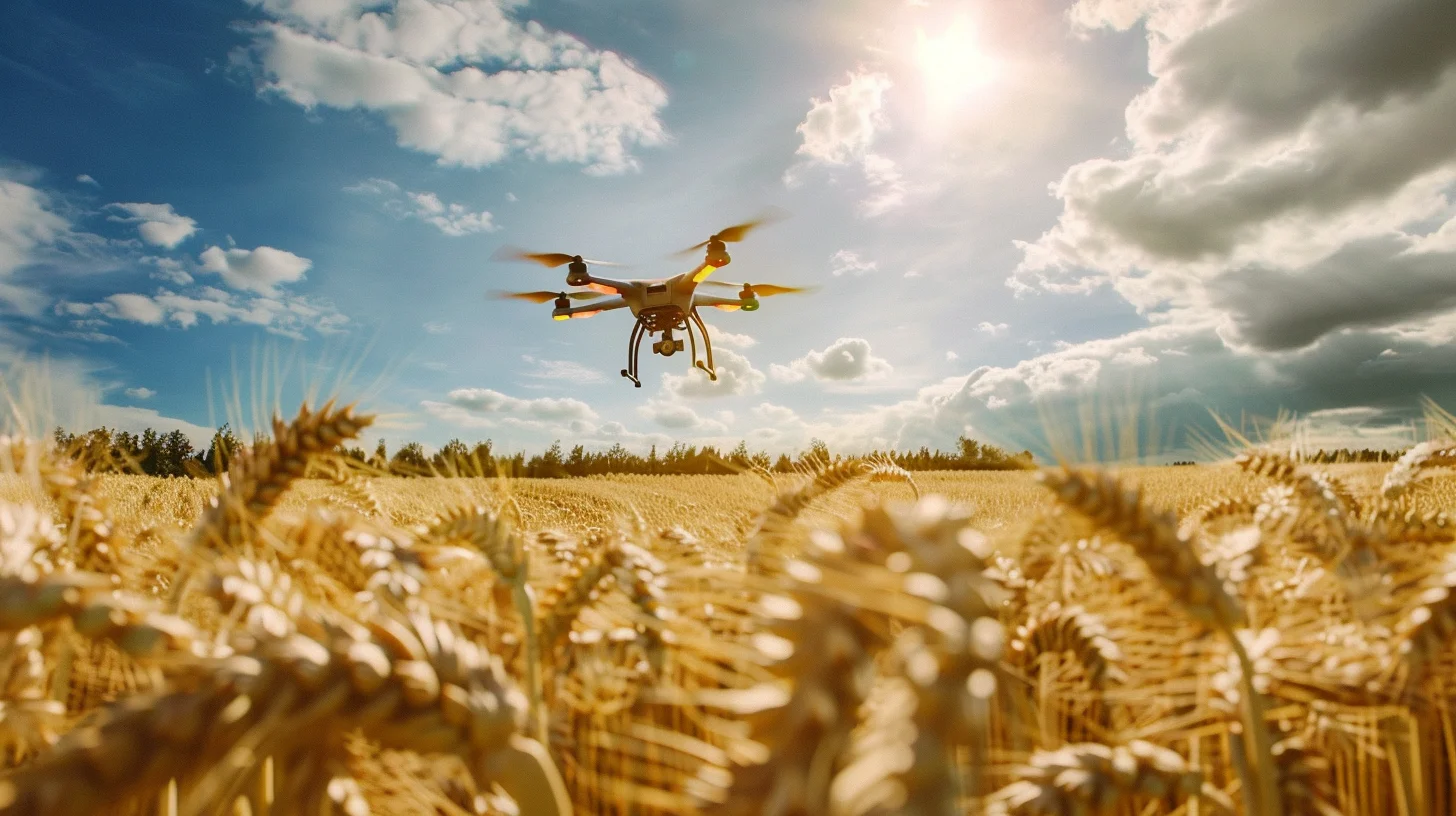Innovation in agriculture today is inspired by two not always easily reconcilable goals: increasing productivity and reducing the environmental impact of agricultural activities. There are thousands of AgTech startups. Each year, a few stand out for their capacity for innovation. Agfunder has identified the most ingenious startups of 2024. Here’s a detailed review.
Monarch: The “Android” of agriculture
This year, Monarch presented the first driverless electric tractor! Moreover, the company has open-sourced its software, aspiring to become the “Android of agriculture.” This allows farmers worldwide to customize their tractors and form an innovation community.
Cibus : Gene editing on demand
Cibus launched the astonishing “Trait Machine,” which seems like a fiction creation by Willy Wonka, the hero of Charlie and the Chocolate Factory. The “Trait Machine” device allows on-demand gene editing of crops. Thanks to this technology, producers can obtain improved seeds in a record time of three years, compared to over ten years and millions of dollars in R&D expenses.
InnerPlant : Making plants talk
Plants “talk.” InnerPlant has developed technology that allows plants to communicate their health status. They send alerts when they are malnourished or attacked by pathogens. The communication circuit is as follows. The SOS sent by the plants is intercepted by SpaceX satellites, which then trigger the dispatch of drones and tractors to rescue them. A futuristic approach that could transform the traditional approach to plant diseases.
Biome Makers : Soil DNA sequencing
Like bacteria, fungi, viruses, or algae, microbiomes are microorganisms present at all levels of the food chain. They can be harmful to health but are essential for the quality of our food. With a database of 14 million microorganisms, Biome Makers offers a solution that revolutionizes farmers’ knowledge of their soil. The Bio-Makers solution allows next-generation DNA sequencing of the soil to sort microorganisms into harmful or, conversely, beneficial components for the development of their crops. It’s as if each field had its own DNA that could be deciphered to optimize overall health.
Aigen : The pesticide and fossil fuel-free weeding robot
Aigen has launched a solar-powered robotic weeder. This little gem, which eliminates the use of pesticides and fossil fuels, ticks all the boxes for the perfect agricultural tool of the future. Powered by AI, it consumes two to three times less energy than a simple phone. A happy marriage of ecology and efficiency.
Innovafeed : Intelligent recycling of agricultural waste
Innovafeed has found a clever, low-carbon way to turn agro-industrial waste into fish feed. Innovafeed relies on large agro-industrial processing plants, sustainably recycling their by-products. The company gives a second life to these wastes while reducing the carbon footprint of aquaculture.
Kipster : Carbon-neutral egg production
Based in the Netherlands, Kipster has revolutionized egg production in the United States. Fed with bakery scraps in a wooded environment, its hens produce carbon-neutral eggs. These eggs are now available in supermarkets like Kroger. Again, gourmet pleasure rhymes with sustainability.
Hazel Technologies : Preserving freshness without additives
Hazel Technologies has developed revolutionary sachets that prevent fruits like apples, tomatoes, and avocados from rotting. These sachets work by blocking ethylene receptors, allowing products to stay fresh longer without resorting to harmful chemical treatments.
Carbonwave : Turning sargassum seaweed into leather, fertilizer, or cosmetics
Carbonwave transforms harmful sargassum seaweed. These are brown algae that grow offshore and can pollute beaches. While they are wet, decomposition mechanisms set in, producing ammonia (NH3) and hydrogen sulfide (H2S). Carbonwave turns these algae into vegan leather, cosmetic emulsifiers, and, most importantly, a fertilizer that has already seduced markets on four continents. The beer brewer Heineken uses them for barley cultivation in Mexico.




